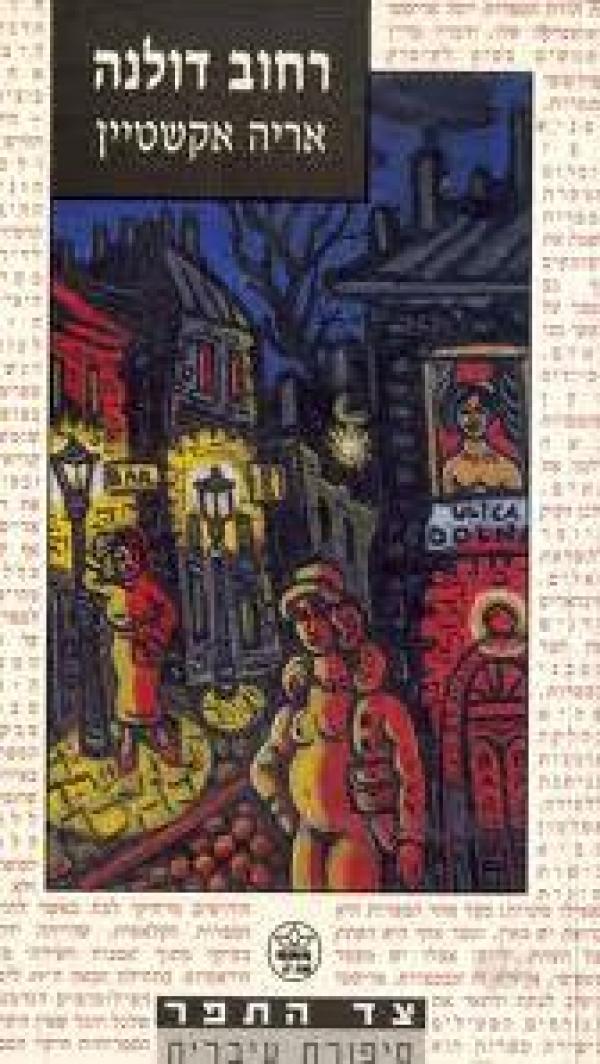
Dolna Street
In his second autobiographical novel, Eckstein returns to the world he portrayed in Aunt Esther, of prostitutes, pimps, thieves, contraband artists and ne’er-do-wells; some show a warm heart and help the destitute ten-year-old Avrum-Leib. The period is the 1930s, a miserable time in the history of Lodz, Poland. The story begins when Avrum-Leib is abandoned on the streets of one of its poorer suburbs: his mother works as a domestic servant, but she is not allowed to keep her son with her. Sharp-witted, sensitive, full of energy and on the streets, Avrum-Leib spends much of his time with a folk-storyteller, a man he admires and whose craft he learns; ultimately, however, this patron disappoints him and Avrum-Leib is on his own again. His survival is precarious as he goes from scavenging for food to petty theft and odd jobs, from one parental figure to another.
Episode after episode, Eckstein spins the tale of Avrum-Leib’s mishaps, with unforgettably vivid characters, danger and adventure – a real modern-day picaresque story.

-
“A born storyteller... the Isaac Babel of the lower depths of Lodz.”
-
“ So far surpasses most of the other books that have come my way recently that I feel like sending their authors out to study Eckstein with the utmost care before they try to foist another word on us. Eckstein is a painter and his writing shows an artist's sharp eye and retentive visual memory. ”
-
“ The smoothly flowing prose of Dolna Street is filled with bittersweet humor.... Eckstein tells the most cruel and sad experiences without a trace of sentimentality.... The author's creative power is noteworthy.”
